You’ll have to forgive my self-indulgence in this conversation, because I’ve gone deep with
—not a celebrity name or a celebrated author, I hope he won’t be offended by me saying—about a bunch of things that scratch my particular interests in media: local news, New York media-startup scandals circa 2016, subscriptions versus ads, venture capital, and canceled Netflix comedians.Joshi is the founder of a fledgling media empire anchored by
, a local news publication covering the city of Manchester, England, that he launched in 2020. The Mill, which is based entirely on Substack and funded by subscribers, just reached profitability—a rare success story in a space (local news) that hasn’t exactly been booming in recent years. Encouraged by The Mill’s progress, Joshi has since launched similar publications in Sheffield and Liverpool based on doing high-quality, low-volume longform reporting on issues that matter to cities that are poorly served by the existing media structure.Joshi was a reporter for the Evening Standard in London for four years before, in 2015, he moved to New York for a dream job as the editor in chief for a startup that published The Tab, a news site written by university students and young people about the cultural issues of the time. The Tab quickly gave rise to a spinoff publication called Babe.net, which shot to notoriety after publishing a story that detailed a young woman’s bad night with Aziz Ansari, which led to the comedian’s “cancellation.” The story came at the height of #MeToo, causing a fiery debate between people who felt it was an important reckoning for behavior that happens often but is under-discussed and those who felt it muddied the lines between truly abusive behavior and something closer to a bad date. Joshi watched it all unfold from an uncomfortable position: he was the editor on that story…
Quotes from the conversation
On getting into local news
Two months into the pandemic I started to think, “I really need a project. I don’t want a staff job, and I want a project. I want to try and do something.” And I’ve been interested in the local news thing for ages.
On losing a parent
It was a shock wave, and it had me doing a lot of thinking about what I wanted to do with my life … about what kind of person to be as well.
On changing course
When someone dies who is a big person in your life, you think a lot about what they achieved and what they did. You think about the legacy that they have, and you think, “Well, if I’m going to do something in this life that’s meaningful, and if I’m going to create something in my career that really has an imprint on society, that actually has an effect, then this is a good time to do that.”
On investing in local news
Starting a little company in local news is about as unpromising a venture as you could possibly imagine. But there’s a nice thing with this project, The Mill, and the thing we’re building, which is you’re trying to build something really high-quality in an area that has been abandoned.
On rejecting received wisdom
A couple of steps of logic were required to rethink the situation with local news. One of them was that there’s an assumption among people who work in the media that the only way you can charge subscriptions or get any reader revenue is if you publish very high volumes of content.
On the changing “reader”
I think it was a semantic misunderstanding, more than anything when I look back. I think when you move from one technological era to another, when you move from a reader—meaning someone who buys a newspaper and reads half of it—to a new meaning of the word “reader”—meaning they spend 10 seconds on a story before quitting it. If you use the same word for both of those people or both of those use cases, you are going to go down the road of really misleading yourself about how powerful an audience is, or what an “audience” even means.
On the BuzzFeed era of news
There was a pretty profound level of bullshit to the idea that a unique user was anything sort of equivalent to a real reader.
On editing the Aziz Ansari cancellation story
It was in a more gray area where it really forced a lot of people, I think men in particular, to think about the way they had behaved on dates, or the way they had talked to women in scenarios like that.
On taking responsibility
For me as a person, it was kind of a very lonely moment because I had to reckon really personally with the choices I had made with that story, what we’d included, the way we had done it.
On being on the other side of the story
The fact that a great magazine journalist eventually came for us and picked apart the way our organization worked, and the way I had behaved, and the totally chaotic and immature way that I had managed my news operation—that was fair.
On hard lessons
The way that some of the young women who wrote for Babe and who edited it just made a huge splash in the media with their ideas and with their writing was extraordinary. But in terms of some of the mistakes I made, I think a lot of it just came from totally being careless about how things could wind up for other people.
On new approaches
When I’m writing about other people now, when we’re publishing a big long-read on The Mill, I will be thinking, “What could be in this story that this person would be really hurt by or that they’d really feel like that’s not right, that’s not accurate, that’s not the right way to go about it?”
On shutting down a media business
It was some of the hardest conversations I’ve had in my business life. I hope I never have another media business where I have to do those kind of conversations.
On the future of journalism
I know the U.K. pretty well, and the newsrooms over here are understaffed, they’re overworked. The internet has actually required people to write more stories, even though the teams are much smaller than they were 20 years ago. So I don’t think I could really truthfully say that I’m massively optimistic about the entire ecosystem.
On the model for local journalism
People have been starved of proper journalism about their cities and about their communities for ages, and when you offer it to them, they like it and they’re willing to pay for it.
On staying optimistic
Even though I really believed in it, I think when we finally got to that moment where we were breaking even in Manchester, it still hit me as a really big thing, even though I’ve had it in my mind for a long time.
On self-doubt
The most scared I’ve been was in the first few months when I started [The Mill], because I felt almost like a fraud doing it. I felt like, “Who are you to start publishing longform local journalism in a city that you don’t know very well? And to expect people to read it, to put aside 20 minutes on their Sunday morning to read it, and then to pay for it?”
Joshi’s recommended read:
, by , and —a food publication based in the U.K.Show notes
Subscribe to
in Manchester on Substack, as well as its sister sites, in Sheffield, and in Liverpool[1:46] Breaking even in local news
[1:55] Feeling like a fraud
[4:48] Getting into local journalism
[8:07] On losing a parent
[12:00] Pursuing an unpromising venture
[13:55] Redefining the problem of local news
[18:56] Joining The Tab in New York
[22:41] Steroidal audience growth vs. community
[25:25] The “bullshit” of new media’s gold-rush era
[26:37] How Babe.net started
[28:28] How Babe broke the Aziz Ansari story
[30:17] How the Ansari story relates to Me Too
[38:06] Lessons from being on the other side of the story
[39:51] Reflections on that time
[41:40] Adapting a new approach to longform
[44:48] Shutting down The Tab and Babe.net
[46:06] Life lessons for The Mill
[47:55] Launching two sister sites in the U.K.
[48:38] The public hunger for great local journalism
The Active Voice is a podcast hosted by Hamish McKenzie, featuring weekly conversations with writers about how the internet is affecting the way they live and write. It is produced by Hanne Winarsky, with audio engineering by Seven Morris, content production by Hannah Ray, and production support from Bailey Richardson. All artwork is by Joro Chen, and music is by Phelps & Munro.
Postscript
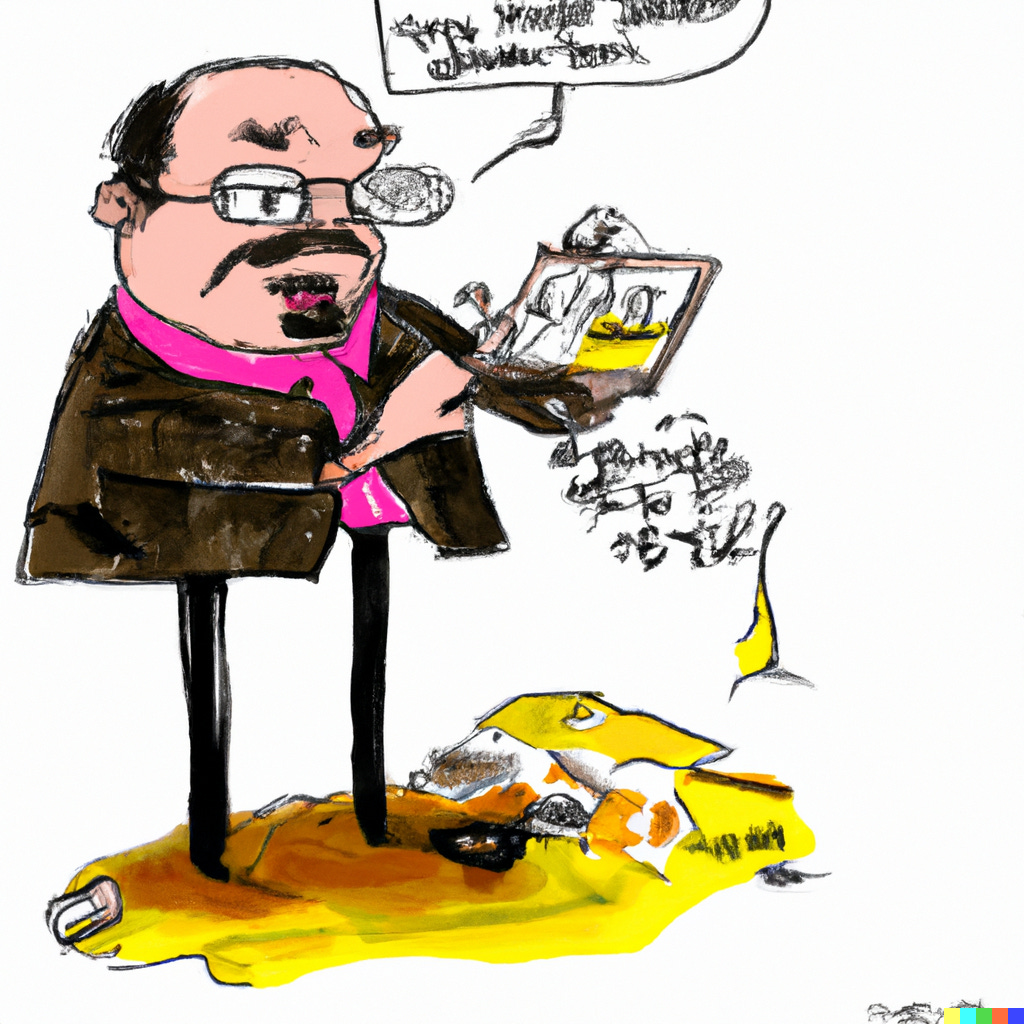


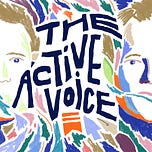


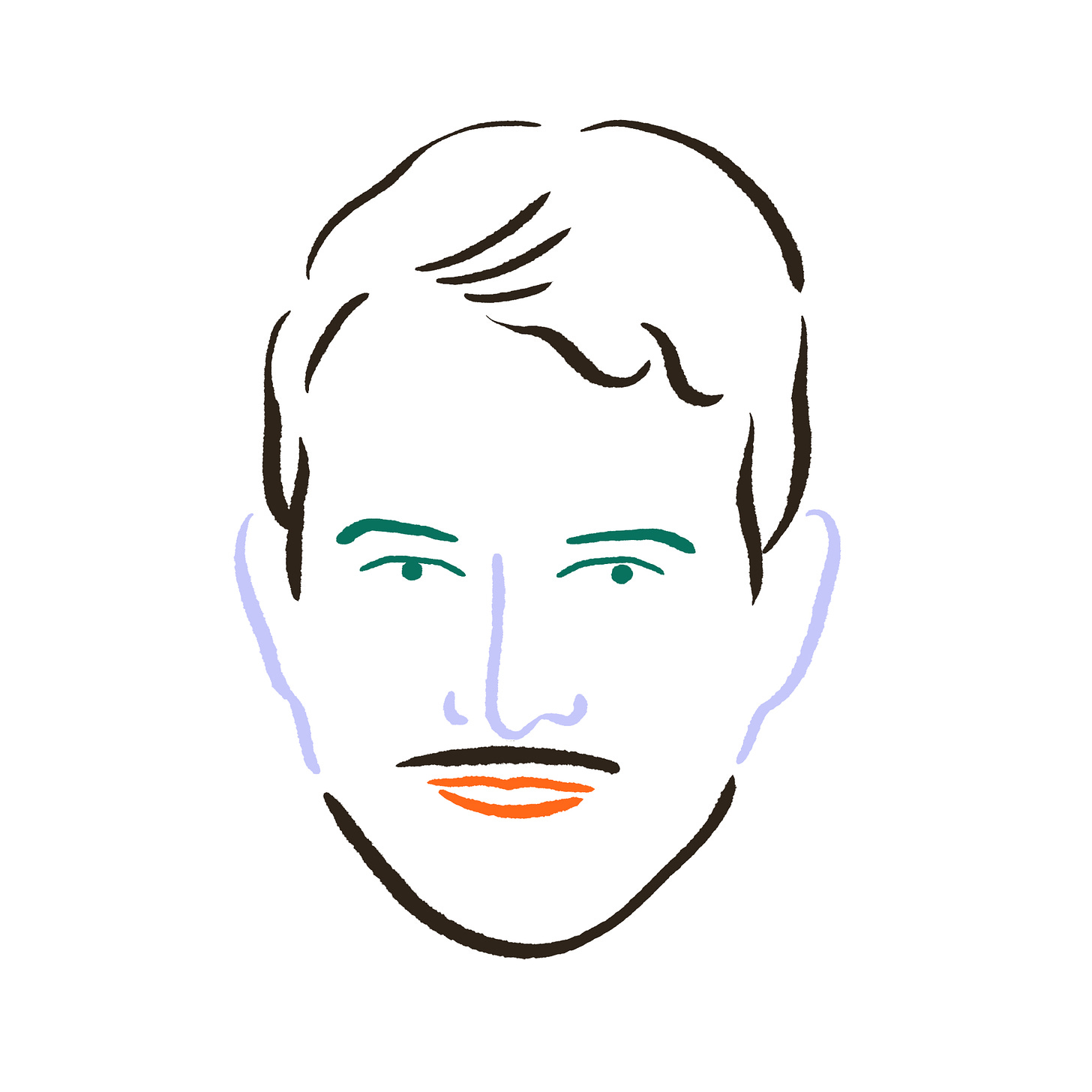


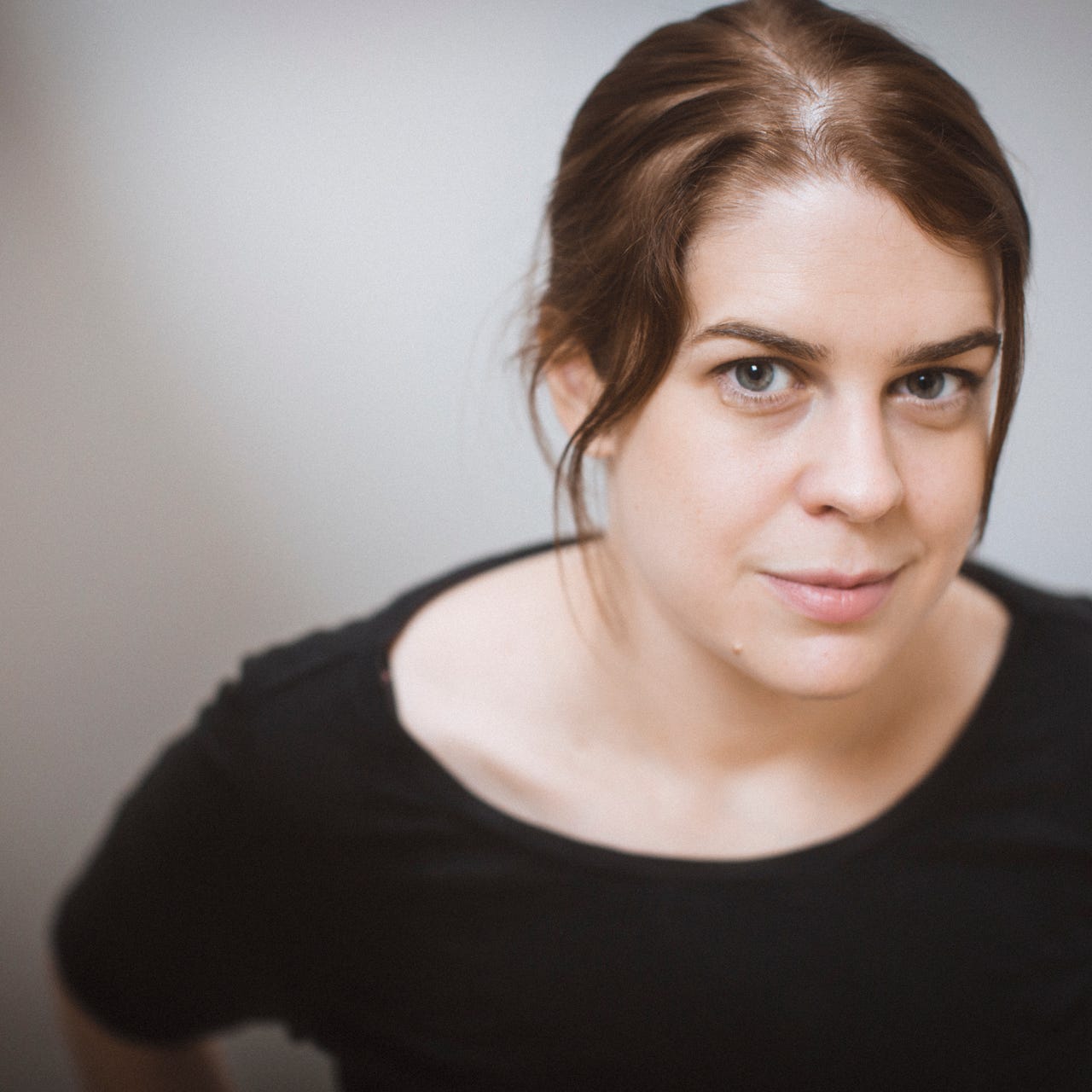











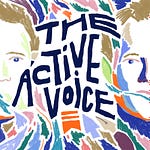
Share this post